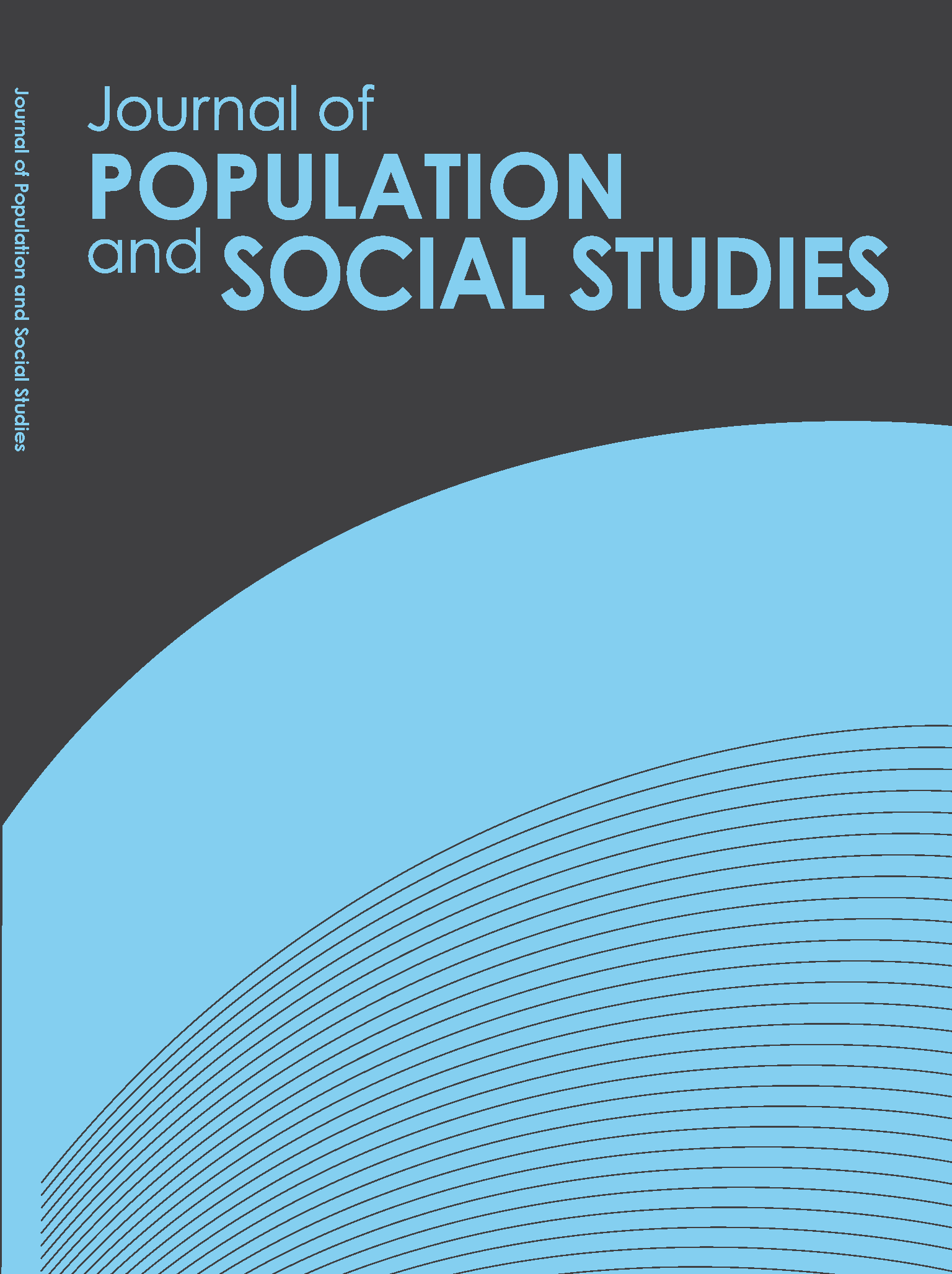Social Capital and Heart Disease in Thailand
Main Article Content
Abstract
Many studies suggest that social capital has a positive relationship with health. However, few studies have explored the link between social capital and health in Asia. The aim of the present study is to explore the link between social capital and self-reported heart disease using data from a baseline census of 100 communities in Kanchanaburi province of Thailand in 2000. The database from the census includes information from a total of 27,842 individuals aged 15 years and above. The results suggest that
social capital is related to self-reported heart disease, but that this relationship depends on demographic factors. Multiple logistic regression results show that after controlling for demographic factors, socioeconomic status (SES), smoking and alcohol consumption, health insurance and accessibility to health services, the effects of social capital on self-reported heart disease become not significant. This study concludes that it is necessary to take into account the effect of social capital on health for the intervention programs. Nevertheless, individual characteristics should also be considered.


